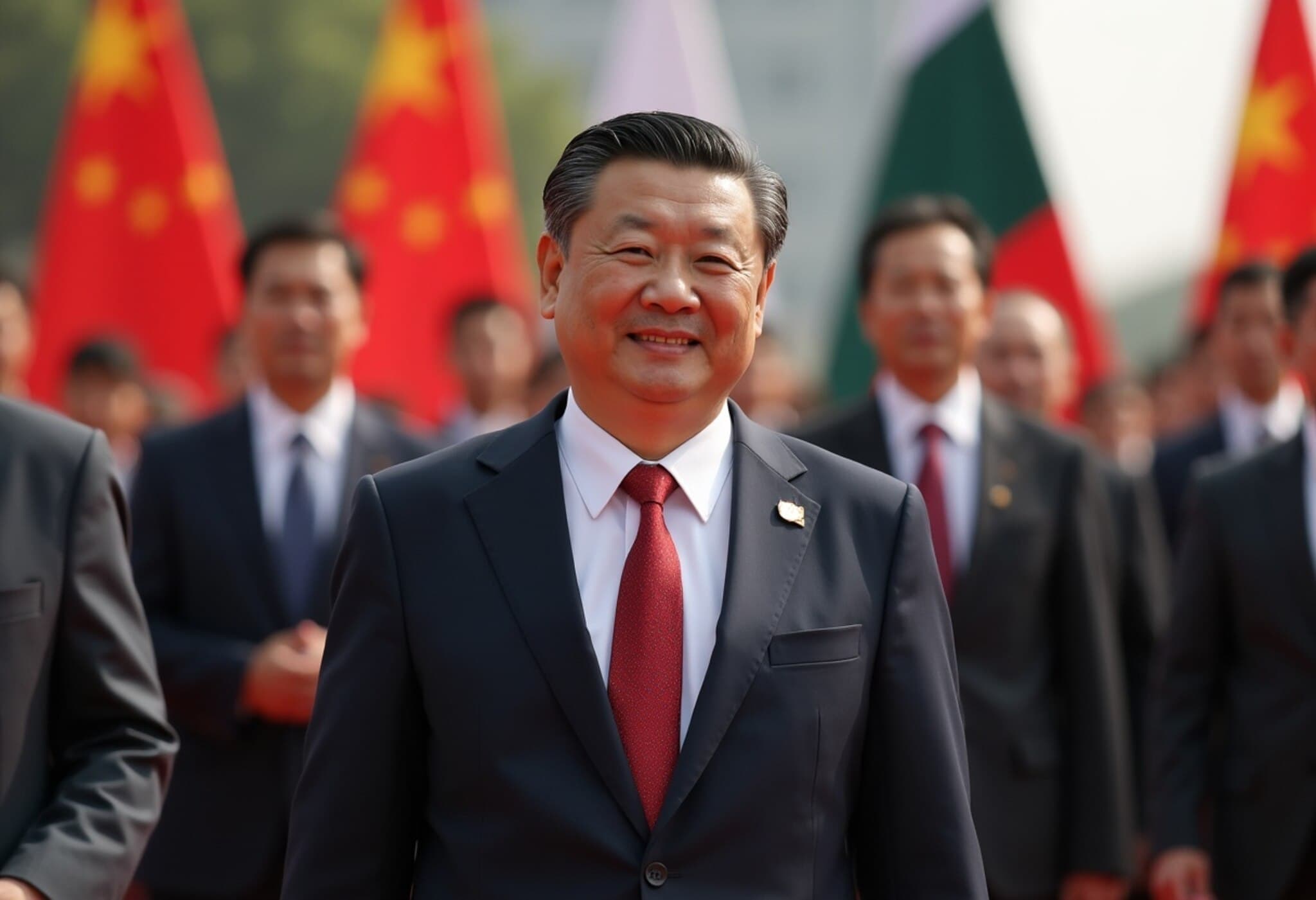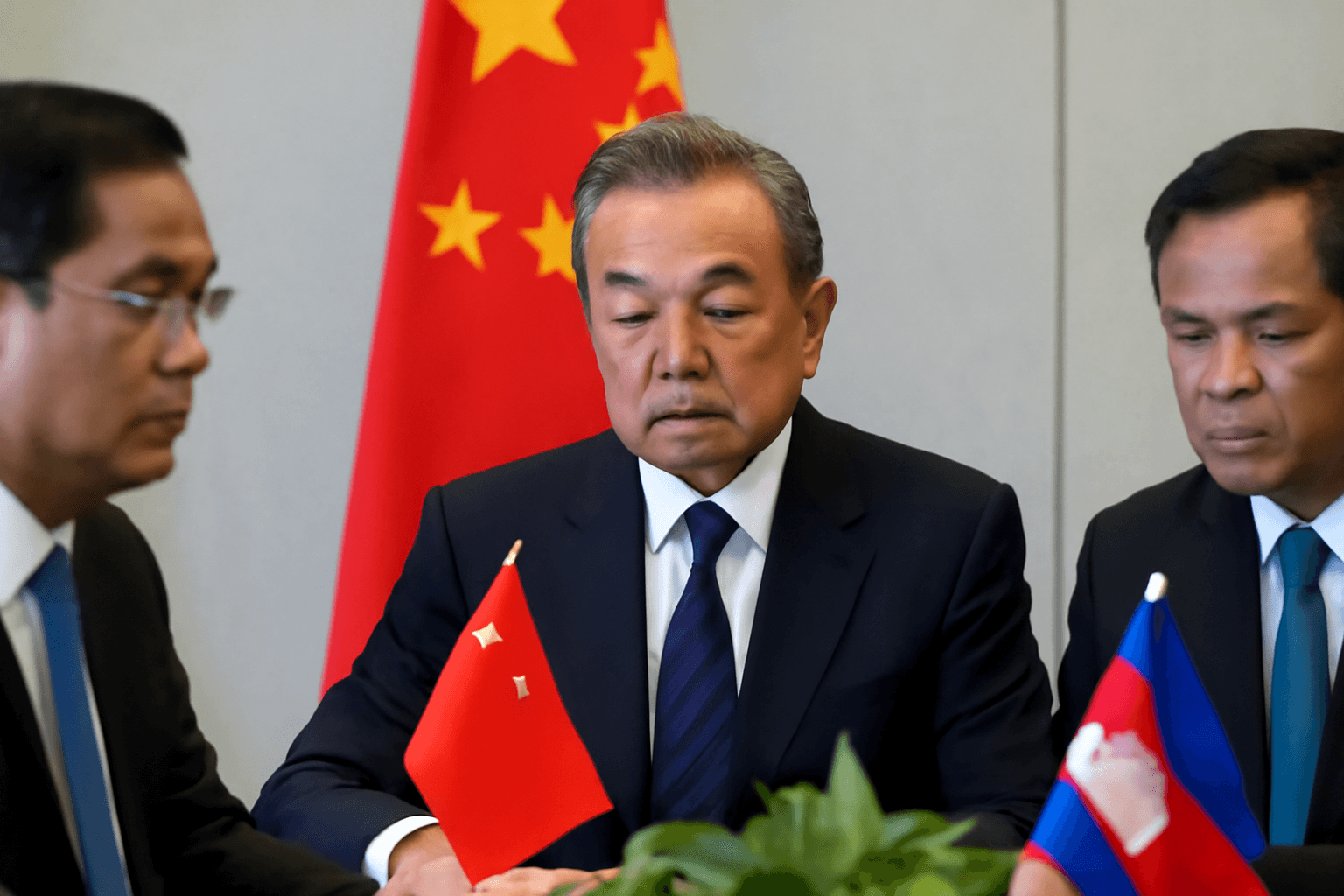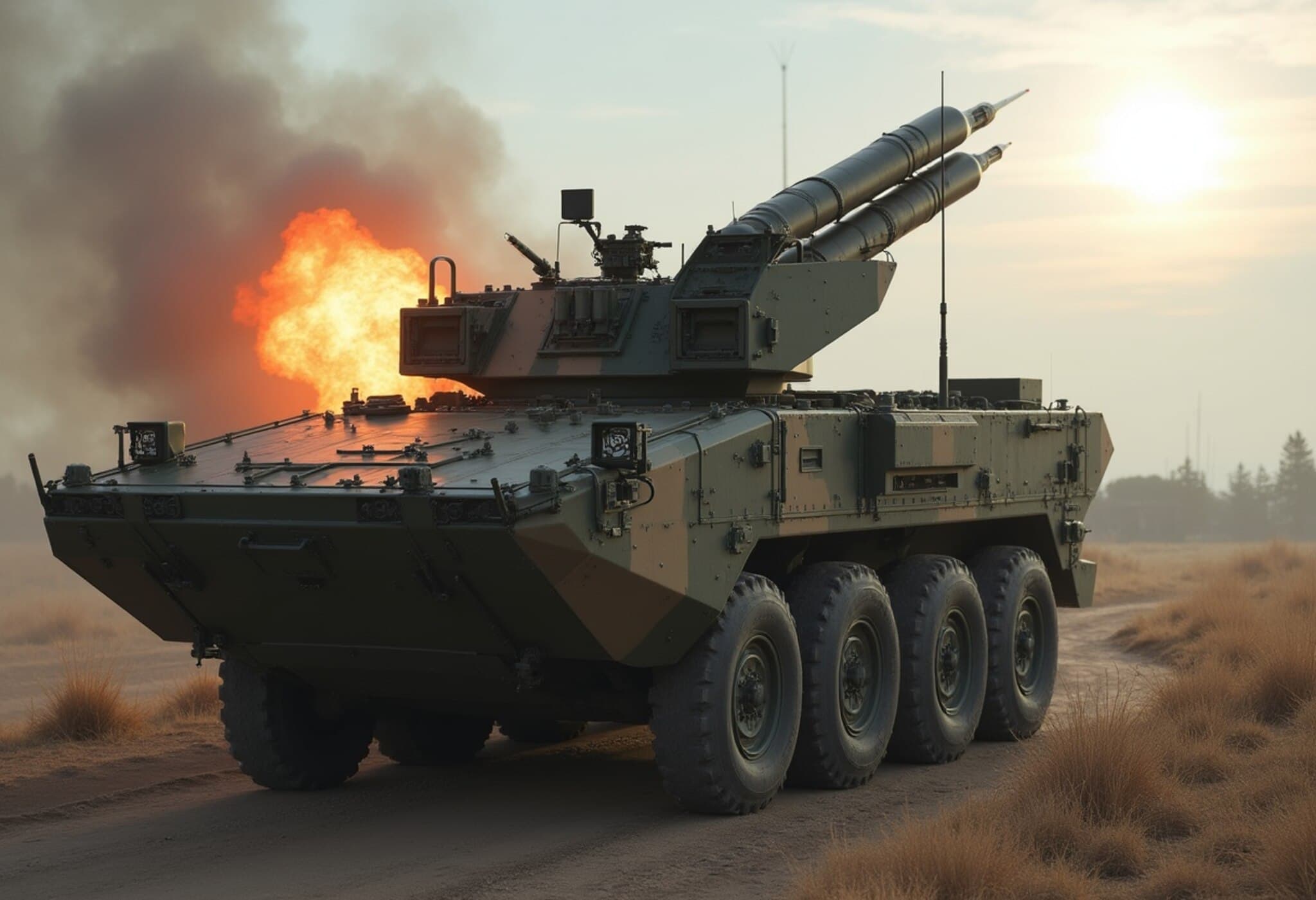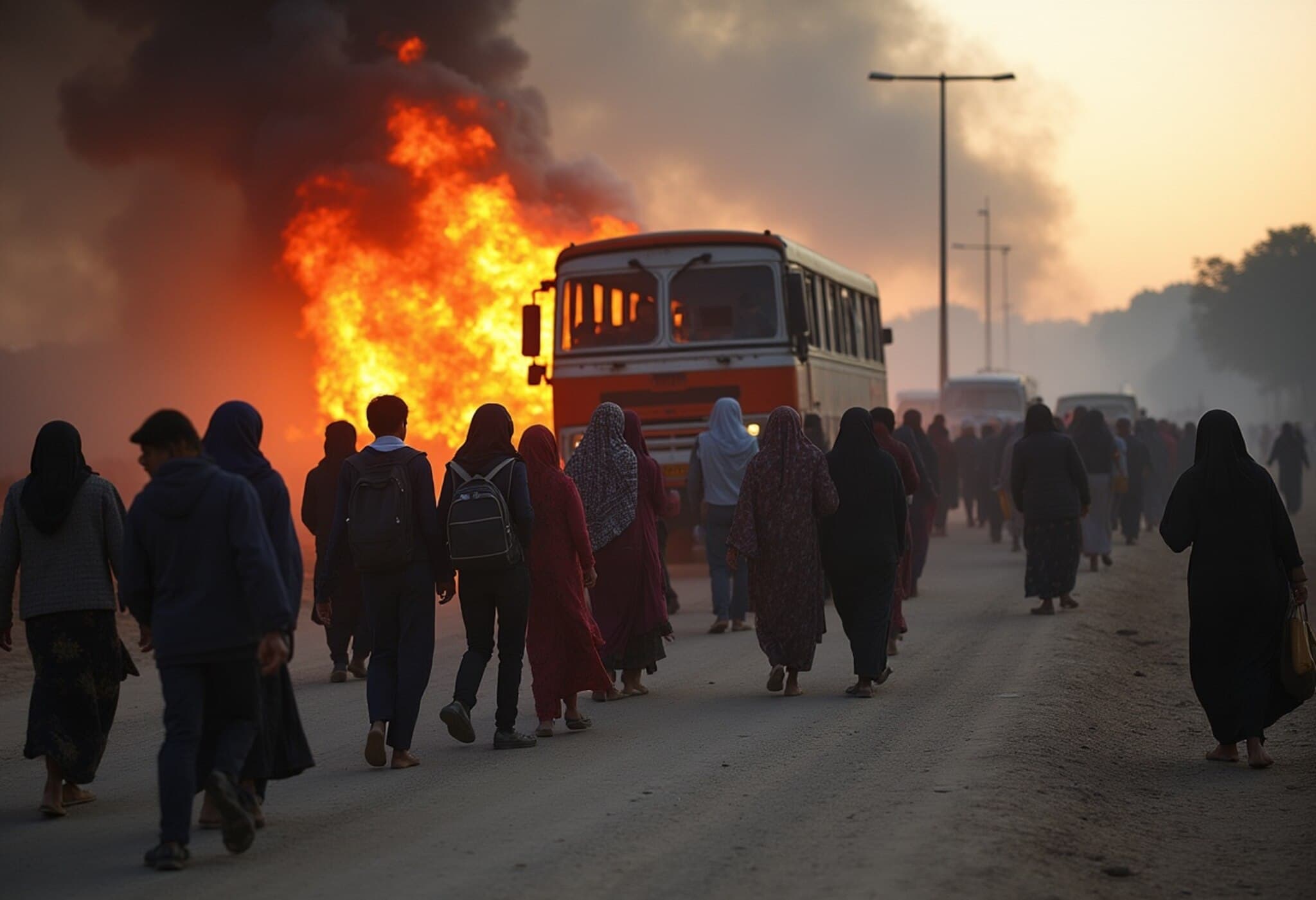Chinese Foreign Minister Wang Yi Makes Landmark Visit to Afghanistan
In a significant diplomatic move, China’s Foreign Minister Wang Yi arrived in Kabul on August 20, 2025, marking his first visit to Afghanistan in over three years. The trip highlights Beijing’s strategic push to enhance economic and security links in a region increasingly shaped by shifting alliances and ongoing tensions.
Trilateral Talks Focused on Security and Economic Cooperation
Wang Yi is scheduled to engage in trilateral talks with Pakistan and Taliban representatives aimed at addressing counterterrorism efforts and discussing the potential expansion of the China-Pakistan Economic Corridor (CPEC) into Afghanistan. This corridor, a flagship project under China’s ambitious Belt and Road Initiative (BRI), has so far been a defining pillar of Sino-Pakistani relations, designed to improve regional connectivity and economic integration.
By exploring an extension of CPEC to Kabul, China envisions weaving Afghanistan more tightly into its regional infrastructure network, potentially reshaping trade routes and economic stability across South and Central Asia.
Context: Taliban-Pakistan Relations and Regional Stability
The meeting takes place amid fragile Taliban-Pakistan ties, strained by ongoing cross-border militancy. Despite these tensions, both countries have recently engaged in intensified trade talks and security dialogues. Beijing’s intervention signals a nuanced attempt to act as a mediator and power broker, balancing security concerns while safeguarding its long-term regional interests.
China’s approach reflects an understanding that Afghanistan’s stability—or lack thereof—has broader implications for regional security, especially concerning extremism and drug trafficking.
Diplomatic Developments and Geopolitical Implications
This visit follows Russia’s historic move to officially recognize the Taliban administration, positioning Moscow as a pioneering supporter. While China and Pakistan have not formally granted recognition to the Taliban government, China has steadily increased its diplomatic engagement by inviting Afghan officials to discussions in Beijing and encouraging regional partners to cooperate on security and development fronts.
In May 2025, Wang Yi met with Pakistani Deputy Prime Minister Ishaq Dar and Afghan Acting Foreign Minister Amir Khan Muttaqi in Beijing. It was during this summit that Afghanistan received a formal invitation to join CPEC, marking an important step toward Afghanistan’s regional economic inclusion. Moreover, Pakistan’s appointment of its first ambassador to Kabul since 2021 symbolizes a thaw and recognition of the Taliban’s pragmatic governance.
China’s Strategic Calculus: Security and Influence
Chinese officials have repeatedly emphasized the importance of joint security cooperation between China, Pakistan, and Afghanistan to combat terrorism and prevent foreign interference—a veiled reference to external powers like the United States and regional rivals.
Wang Yi’s recent warnings against “external interference” underscore China’s desire to manage regional dynamics without outside disruption, reinforcing Beijing’s vision of a stable, interconnected neighborhood that aligns with its geopolitical priorities.
In parallel, China’s special envoy Yue Xiaoyong’s visits to Kabul and Islamabad signal a broader, sustained effort to coax Afghanistan into the regional economic fold, which could help mitigate Afghanistan’s isolation and stimulate local development.
What Lies Ahead?
- Potential CPEC extension into Afghanistan could transform trade and security dynamics in South Asia.
- China’s balancing act between Taliban, Pakistan, and wider geopolitical interests will be closely watched.
- Counterterrorism cooperation among the three countries may influence the stability of the broader region.
- The evolving diplomatic recognition of the Taliban regime remains a pivotal factor for international engagement.
Editor’s Note
Wang Yi’s return to Afghanistan signals a strategic repositioning by China, striving to weave Afghanistan into its economic and security framework amid turbulent regional complexities. This visit raises key questions: Can China successfully balance relations between the Taliban and Pakistan while curbing militancy? Will the expansion of CPEC act as a catalyst for lasting peace and prosperity? As global powers recalibrate their presence in Afghanistan, Beijing’s ambitions underscore the geopolitical chess game unfolding in Central and South Asia.














